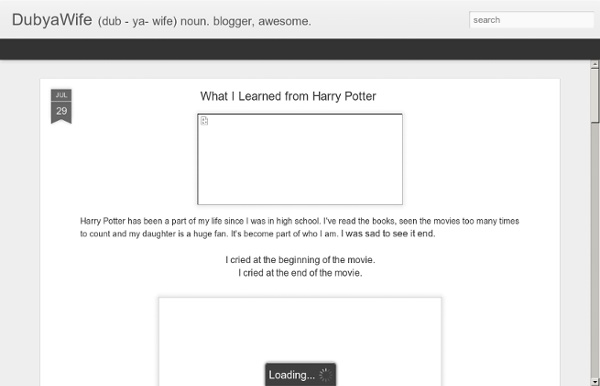What I Learned from Harry Potter

Improve Your Writing by Avoiding These Twenty Common Grammar Mistakes Almost Everyone Makes
Thanks for that! The moot thing seemed wrong and I was going to look it up. Jon Gingerich isn't entirely wrong about "moot." The first definition in the OED, with examples going back to 1563, is: 1. The issue with moot is that the second definition is more common in North American practice, with OED examples going back to 1807. The problem with truly identify the errors of "grammar nazis" is that there isn't even a single standard of written English. Yep. Also, farther isn't strictly limited to distance and further isn't strictly limited to abstract measurements. Tolkein is likely to use the oldest meaning of a word and to avoid words that did not exist before the 1500s or so, by choice.
Thinking like a genius: overview
Thinking and recall series Problem solving: creative solutions "Even if you're not a genius, you can use the same strategies as Aristotle and Einstein to harness the power of your creative mind and better manage your future." The following strategies encourage you to think productively, rather than reproductively, in order to arrive at solutions to problems. Nine approaches to creative problem solving: Rethink! Exercise #2 illustrates how famous thinkers used these approaches. Exercise #1: illustrates applications of the nine approaches. Text of exercise:Nine approaches to creative problem solving: Rethink! Thinking and recall series Concentrating | Radical thinking | Thinking aloud/private speech | Thinking critically | Thinking critically | Thinking creatively | Mapping explanation | Make your own map I | Make your own map II | Thinking like a genius: Creative solutions | Famous thinkers | Selected thoughts
The Art of Influence
Secrets to complaining effectively, motivating loved ones, and getting what you want without being a jerk. Illustrations by Lou Brooks Babies and psychopaths have one thing in common: They're excellent at getting what they want. Many of us could learn a thing or two from these creatures, tantrums and dirty tactics notwithstanding. That's not to say that, like these ingrates, we should feel entitled to everything we want. But for some, grabbing the brass ring is a constant source of stress and confusion. Were it uniformly advantageous to be aggressive, timid, positive, or negative in pursuit of one's goal, evolution would have selected for only such types. Complain to Win —Not to Feel Worse Kvetch, Bitcher, Debbie Downer: No one likes a chronic complainer, and we've got multiple derogatory terms to prove it. The first step to effective complaining, then, is deciding if you truly want a concrete result or if you just need emotional validation. Figure Out What Others Want
Related:
Related:



